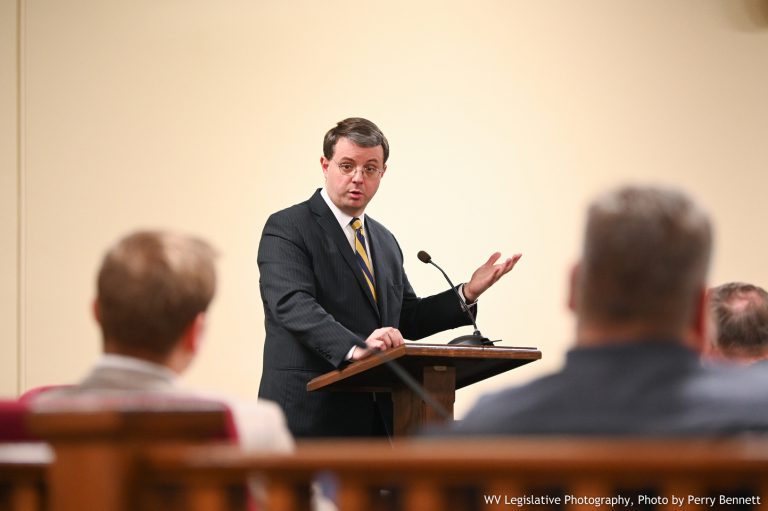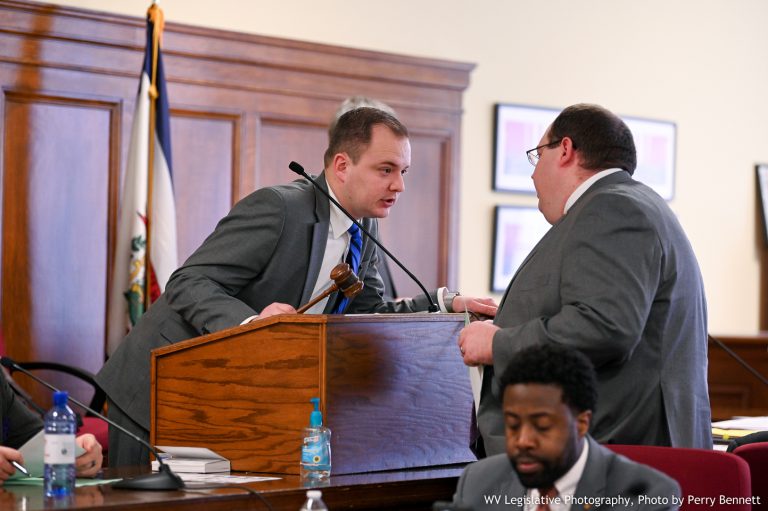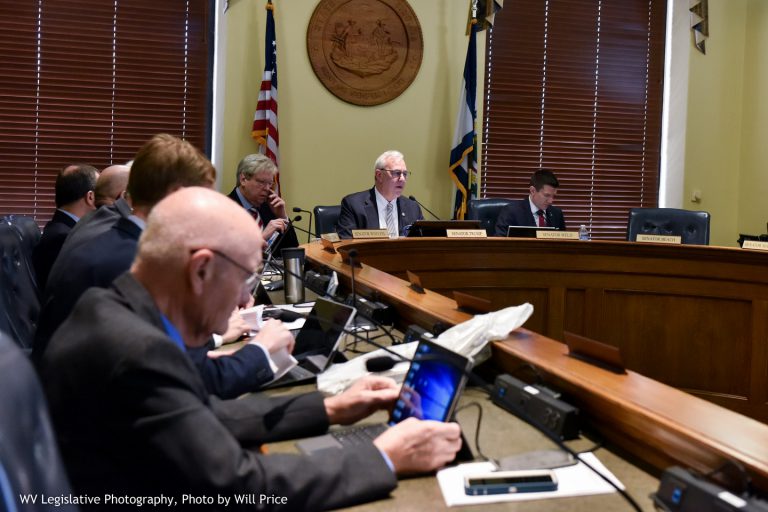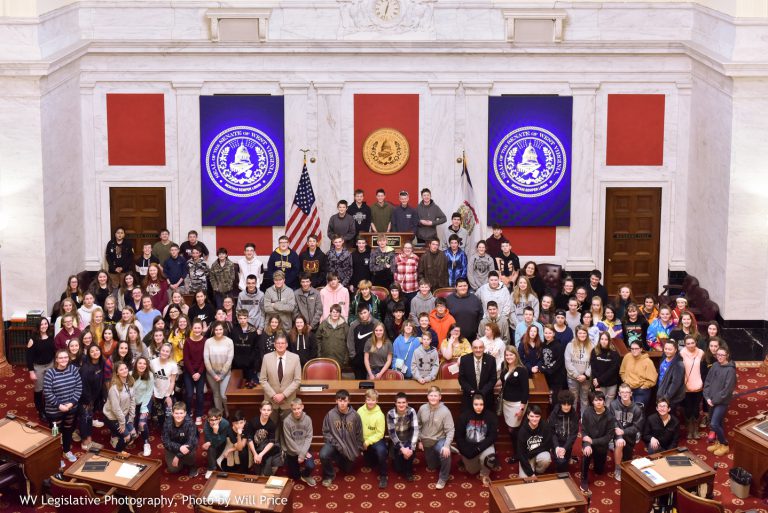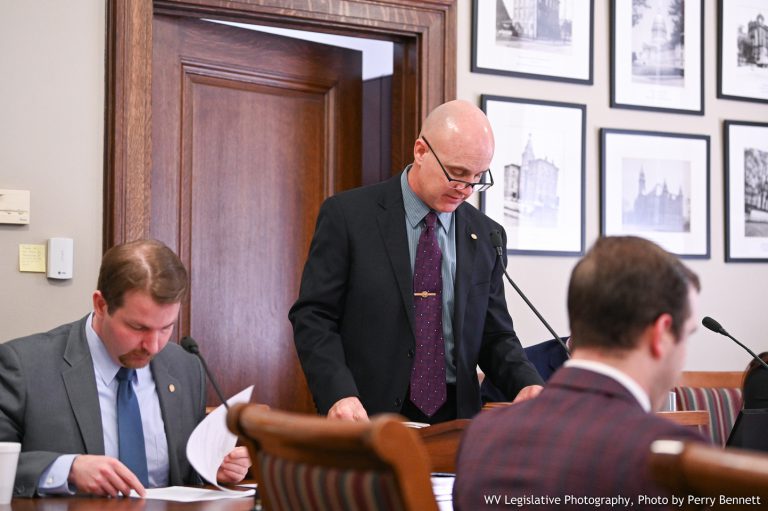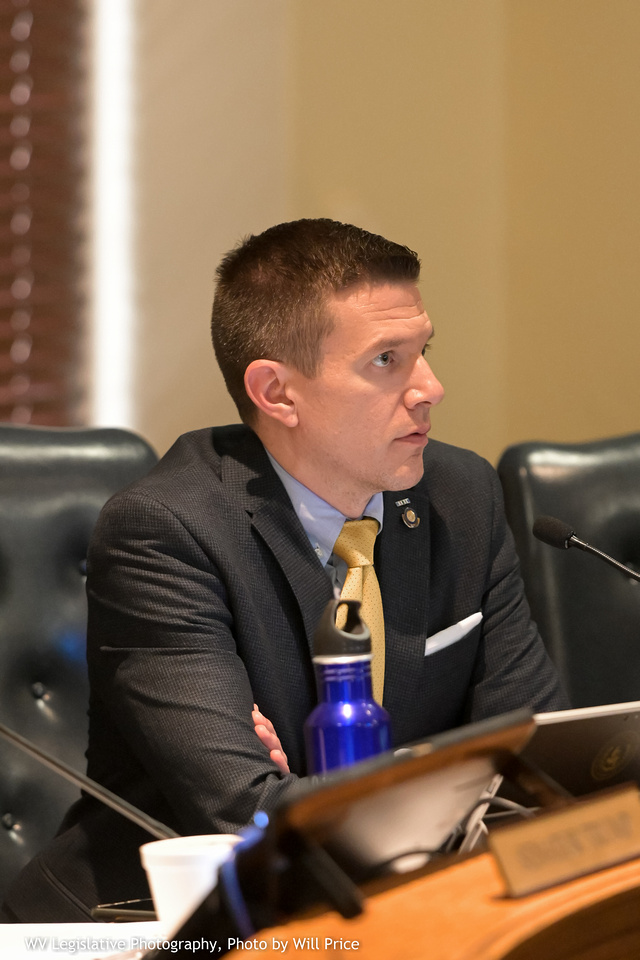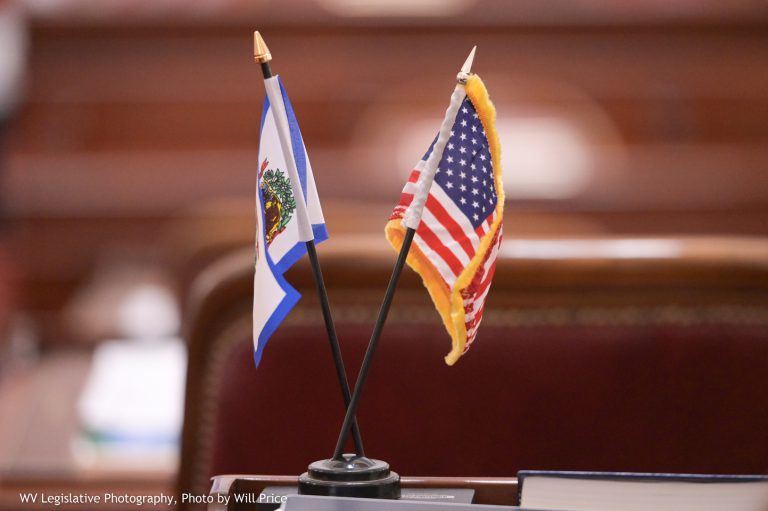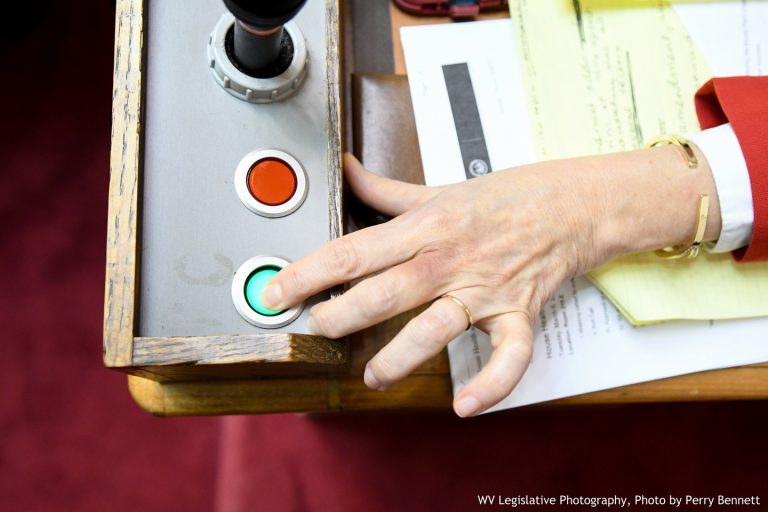A bill with the goal of investing in projects aiming to spur economic and infrastructure development in West Virginia advanced out of the House Finance Committee Wednesday night.
House Bill 4001 has a three-part mechanism that aims to develop infrastructure and create opportunity through investing money in projects.
Under the bill, a 7-member investment committee would be established with the committee comprised of the governor, commerce secretary, and five private citizens selected by the governor and approved by the Senate. The House Speaker and the Senate President would also serve on this committee but in an advisory non-voting capacity.
The committee would appoint a managing director for a newly-created Mountaineer Impact Office, which would be tasked with working with professionals and consultants to find investors who want to partner with West Virginia.
The minimum aggregate investment in a project by the investment committee or the committee and investors, would have to be $25 million or more, which was reduced from the $100 million under the introduced version.
The Mountaineer Impact Office would present these potential projects to the Investment Committee, which would approve or reject the proposals. The committee would look into several factors in deciding whether to approve these projects: the ability to leverage other sources of funding, whether the investment funding for the project is available, whether the project could create or retain jobs along with the number and types of jobs involved, whether the project would promote economic or infrastructure development, and whether the project is in the public’s best interest.
The Mountaineer Impact Office would deposit income from investments into a newly-created special revenue fund called the West Virginia Impact Fund. The office would have to report annually on these investments.
Revenue Secretary Dave Hardy and House Speaker Roger Hanshaw, R-Clay, addressed the Finance Committee Wednesday night. Hardy explained the estimated fiscal note for the bill for this fiscal year would be about $150,000. For the 2021 fiscal year, Hardy estimated it could cost between $500,000 and $750,000 to get the office up and running, hire people, and get the committee established. The office would be funded through Commerce, Hardy said.
Finance advanced the bill after lengthy debate and questioning. House Bill 4001 is up for first reading in the House.


